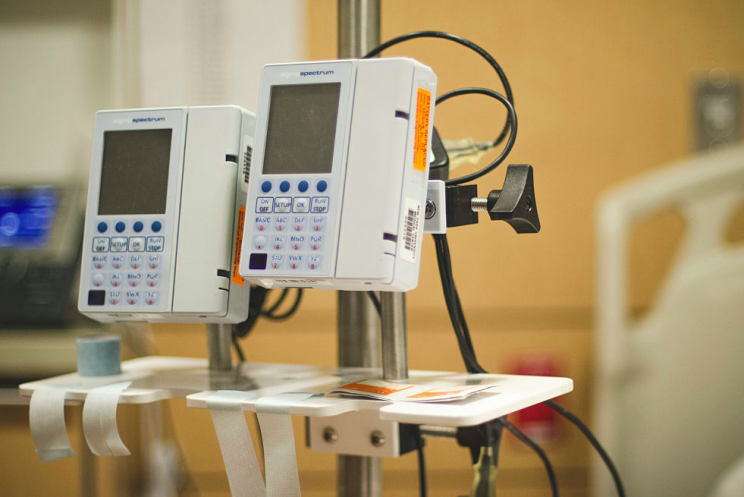Scientists have made 'the biggest cancer breakthrough since chemotherapy'

Studies are hailing new personalised cancer therapies as the biggest breakthrough since chemotherapy in battling the disease.
Groundbreaking trials are already showing early benefits with specific drugs being used to target cancer according to the individual patient.
The latest studies, revealed at the 28th EORTC-NCI-AACR Symposium on Molecular Targets and Cancer Therapeutics in Munich, say the therapies are achieving “remarkable” success for patients with advanced forms of the disease.
Dr Kapil Dhingra, a member of the symposium’s executive committee, explained: “We are seeing an important shift in oncology as we move from a one-treatment-fits-all approach to an era of personalised medicine for cancer.
“In this new era it is essential to discover novel, targeted drugs and to identify the patients most likely to benefit from them.
“This is highlighted at this meeting by several new drugs that show dramatic efficacy in patients with very advanced disease who have failed standard therapies.

MORE: Netflix are offering downloads for the first time ever and people can’t cope
MORE: Science has proved that you should never go to bed angry with your partner
“These drugs can be developed rapidly, based on trials involving relatively small numbers of patients.”
In one trial, about two thirds of patients with rare and deadly GISTs (gastrointestinal stromal tumours) saw them shrink thanks to the drug BLU-285.
Professor Michael Heinrich, from Oregon Health and Science University, said: “Although we are still increasing the doses in the phase I trial to establish the recommended dose, BLU-285 has shown remarkable anti tumour activity, with a response seen at the lowest dose level.”
Another new drug called DCC-2618 targets the same oncogenes as BLU-285, but a broader range of alterations.
It is being tested in a study of 25 patients with GIST and other advanced cancers such as glioblastoma multiforme (GBM), one of the most common and aggressive brain tumours.
Prof Filip Janku, of The University of Texas, told the meeting: “While it is early, we observed signs of benefit in the GIST patients treated whose disease had progressed despite multiple previous treatments.
“Early partial metabolic responses, a sign of reduced tumour metabolic activity, were observed in 14 of the 15 patients evaluated with KIT-mutant GIST.”
A third study of 31 patients showed ‘liquid biopsies’, in which blood is taken and analysed to detect genetic mutations and successfully identified molecular alterations driving drug resistance in nearly 80 percent of patients.
Prof Ryan Corcoran, of Massachusetts General Hospital Cancer Centre, told the meeting: “To understand how gastrointestinal (GI) cancers develop resistance to targeted therapies, we employed a systematic ‘liquid biopsy’ programme, by which blood was collected at the time that a patient’s disease stopped responding to treatment and the disease started to progress.
“Circulating tumour DNA was analysed by next-generation sequencing to identify mutations that emerged during therapy to drive resistance to treatment.”
Top pic: Getty



